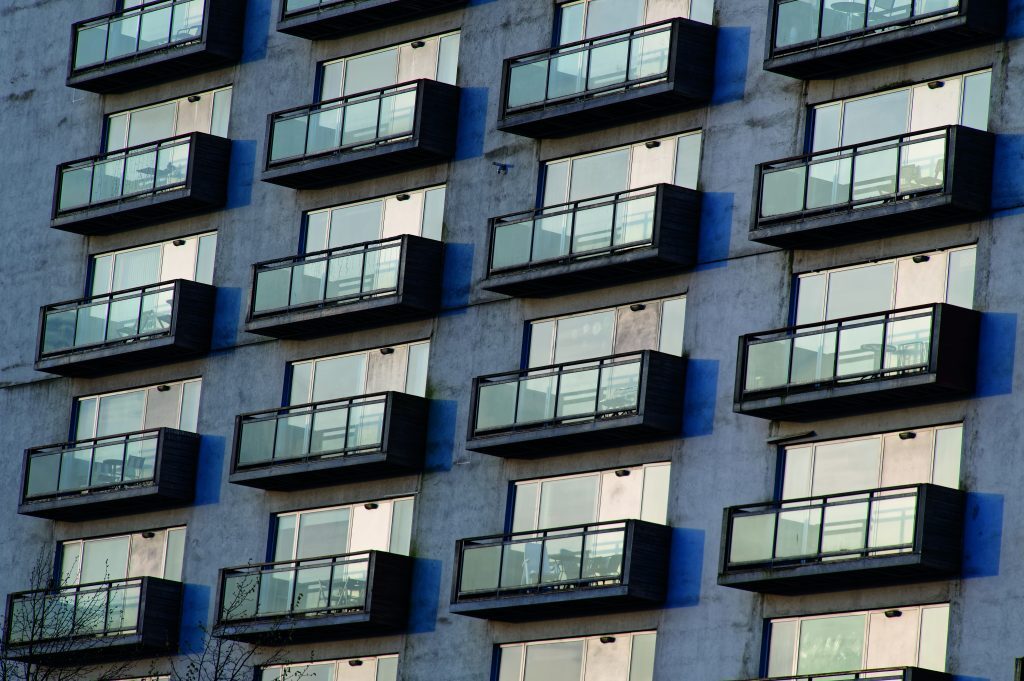Affordable housing starts in London have fallen by a staggering 88%, according to data from the Ministry of Housing, Communities and Local Government (MHCLG). This shocking statistic highlights the growing crisis facing the capital as the demand for affordable homes continues to outstrip supply. The data reveals that just 1,904 affordable housing starts were recorded in the year to March 2021, compared to 16,906 in the previous year. This massive drop has raised concerns among housing advocates and policymakers about the state of affordable housing in London and the impact it is having on those in need of a safe and stable place to live.
The decline in affordable housing starts can be attributed to a combination of factors, including the economic fallout from the Covid-19 pandemic, a lack of funding for affordable housing projects, and the ongoing challenges of delivering affordable homes in a high-demand market like London. The pandemic has had a profound impact on the housing market, with construction projects delayed or canceled due to lockdown restrictions and financial uncertainty. This has made it even more difficult for developers and housing associations to deliver affordable homes at a time when they are needed more than ever.
The lack of funding for affordable housing projects is also a major concern, with government grants and subsidies for affordable housing schemes being cut in recent years. This has made it harder for developers to make affordable housing financially viable, leading to a decrease in the number of affordable homes being built. In addition, the high cost of land and construction in London has made it challenging for developers to deliver affordable housing that meets the needs of low and middle-income households. This has resulted in a shortage of affordable homes in the capital, exacerbating the housing crisis and pushing more people into insecure and overcrowded housing situations.
The MHCLG data highlights the urgent need for action to address the affordable housing crisis in London and ensure that all residents have access to safe, decent, and affordable homes. This will require a coordinated effort from government, local authorities, developers, and housing associations to increase the supply of affordable homes and make housing more accessible to those in need. Initiatives such as the Affordable Homes Programme, which aims to deliver 12,500 new affordable homes in London by 2023, are a step in the right direction but more needs to be done to meet the growing demand for affordable housing in the capital.
One possible solution to the affordable housing crisis in London is to increase the availability of social housing, which provides secure and affordable accommodation for those in need. This could help to alleviate the pressure on the private rental market and ensure that low-income households have access to stable and affordable homes. Investing in social housing would also create jobs and stimulate economic growth, benefiting the wider community. By prioritizing the delivery of social housing, policymakers can help to address the root causes of the affordable housing crisis in London and create a more inclusive and sustainable housing market for all residents.
In conclusion, the sharp decline in affordable housing starts in London is a cause for concern and highlights the urgent need for action to address the housing crisis facing the capital. By increasing funding for affordable housing projects, investing in social housing, and improving the accessibility of affordable homes, policymakers can help to ensure that all residents have access to safe, decent, and affordable housing. It is essential that government, local authorities, developers, and housing associations work together to tackle the affordable housing crisis and create a more equitable and sustainable housing market for everyone. Only by taking decisive and coordinated action can we hope to solve the affordable housing crisis in London and provide all residents with the secure and stable homes they need and deserve.






